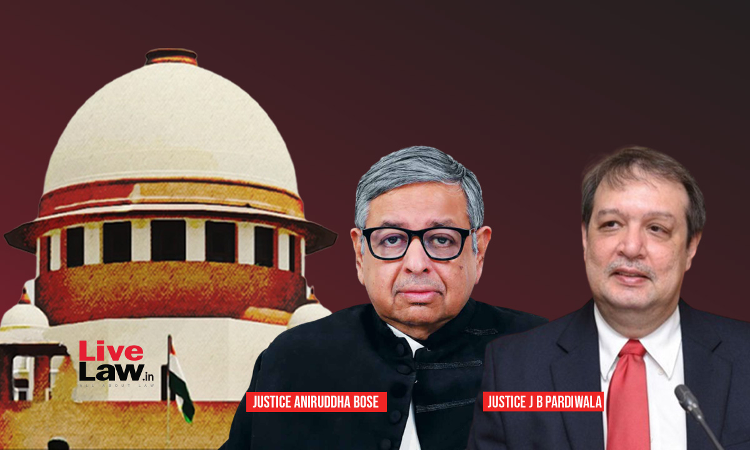Order VI Rule 17 - Amendment Applications Not To Be Rejected Merely For Delay : Supreme Court Lays Down Guidelines
Ashok KM
2 Sept 2022 11:01 AM IST

Next Story
2 Sept 2022 11:01 AM IST
The Supreme Court mere delay would not be a ground for rejecting the application for amendment under Order VI Rule 17 of Code of Civil Procedure."The delay in filing the application for amendment of the pleadings should be properly compensated by costs and error or mistake which, if not fraudulent, should not be made a ground for rejecting the application for amendment of plaint or...
